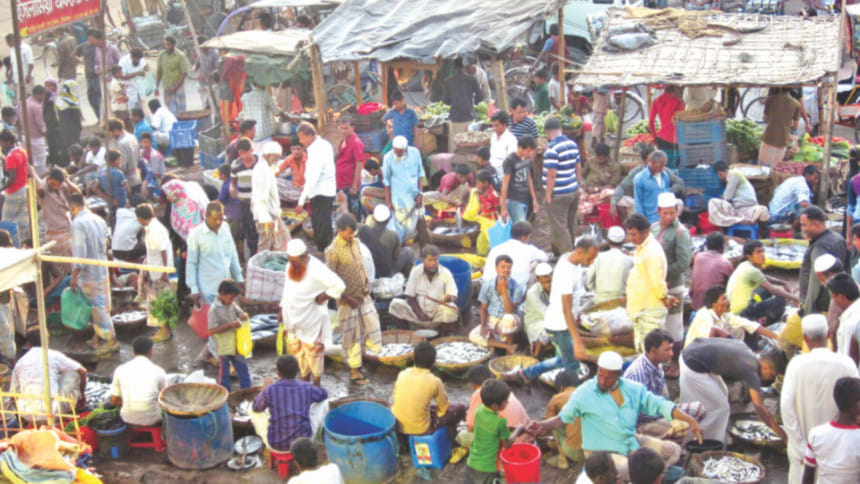The Sound of Silence

Solitude or loneliness, quiet reflection and public interaction: are experiences of these feelings and moments innate or cultural? Australia versus Bangladesh might provide answers…
Many years ago, with work colleagues I was camping beside a rural beach in New South Wales. I don't recall which one – the beaches are many; but there were long empty sand stretches and kangaroos hopping around the campsite behind the dunes. In the evening we kindled the obligatory campfire. There was singing.
Our singing can't have been award-winning because one of my colleagues, Fleur Thwaites, came to recall an earlier episode when after several songs another camper had yelled out to her and her friends, "Don't you know the sound of silence?"
They must've been a quick-witted bunch because after taking in the complaint they launched into a new song. "Hello darkness my old friend, I've come to talk to you again…" It was the folk song, "The Sound of Silence" by Simon and Garfunkel. They did well to remember the lyrics.
Australia is sparsely populated. Even within Sydney's vast spread there are national parks: silence is easy to find. Australians grow up enjoying that, finding a rock to sit on in bushland overlooking a valley, for example, to watch and breathe and think.
Bangladesh is another story. Although talkative types are found beyond the country's borders in Bangladesh there's quite often at least one about, seemingly ready to verbalise every thought no matter how trivial. Sometimes it's entertaining. Add the car horns, arguing or joking in the street and the miking announcements… There's no getting around it, most often it's not a country that's shy of activity.
It takes some getting used to, the being social from the moment you step outdoors – even in the villages, the random strangers asking sometimes personal questions, the always needing to chat.
Occasionally the old Australian me wishes for a little more reflective space; more often it's the Bangladeshi me that jumps holus-bolus into the social street scene. Bangladesh brims with life.
Nonetheless, I can only laugh when Bangladeshis sometimes ask with concern, "Are you travelling alone?" It's Bangladesh. Alone is a rare probability.
And whereas for Bangladeshis the being alone is most often equated with loneliness, like the complaining camper it is possible sometimes to prefer the sound of silence.
Potentially the enjoyment of constant company is reflected linguistically: think how commonly you hear the word eka to mean alone in a negative sense as opposed to ekakitto meaning solitude. While in English 'solitude' is also a rarer word, 'alone' is neutral – as often positive as negative and not equivalent to 'lonely'.
Anecdotally, in the village context I've asked what the Bangla word for solitude was only to get puzzled looks. Perhaps I wasn't explaining it well?
Adjustment is not a one-way street. There are stories now and then of Bangladeshis who have travelled to Australia to study or live only to discover there are not tea stalls every few hundred yards along city streets, that in suburban areas after evening streets are empty.
Such tales of newfound alone-ness seem to end with the Bangladeshi's return to chotpoti-eating, betel-chewing Dhaka. Whether or not there is more to them than urban legend, one thing is certain: immigrants to Australia from Bangladesh, and similar countries where buying vegetables at eleven at night is not a huge problem, do have adjustments to make. At first the relative silence might seem welcome relief but do they ever get to the stage of truly relishing solitude?
What I do know is that like the newly-arrived Bangladeshi immigrant, these days, like it or not, Sydney's streets must greet me with awkward questions: "Where are all the people? Where is all the noise?" Bangladesh has long since done its work: an energetic streetscape most often brings about a smile.
The writer is a feature writer and English Language trainer at The Daily Star.

 For all latest news, follow The Daily Star's Google News channel.
For all latest news, follow The Daily Star's Google News channel. 



Comments